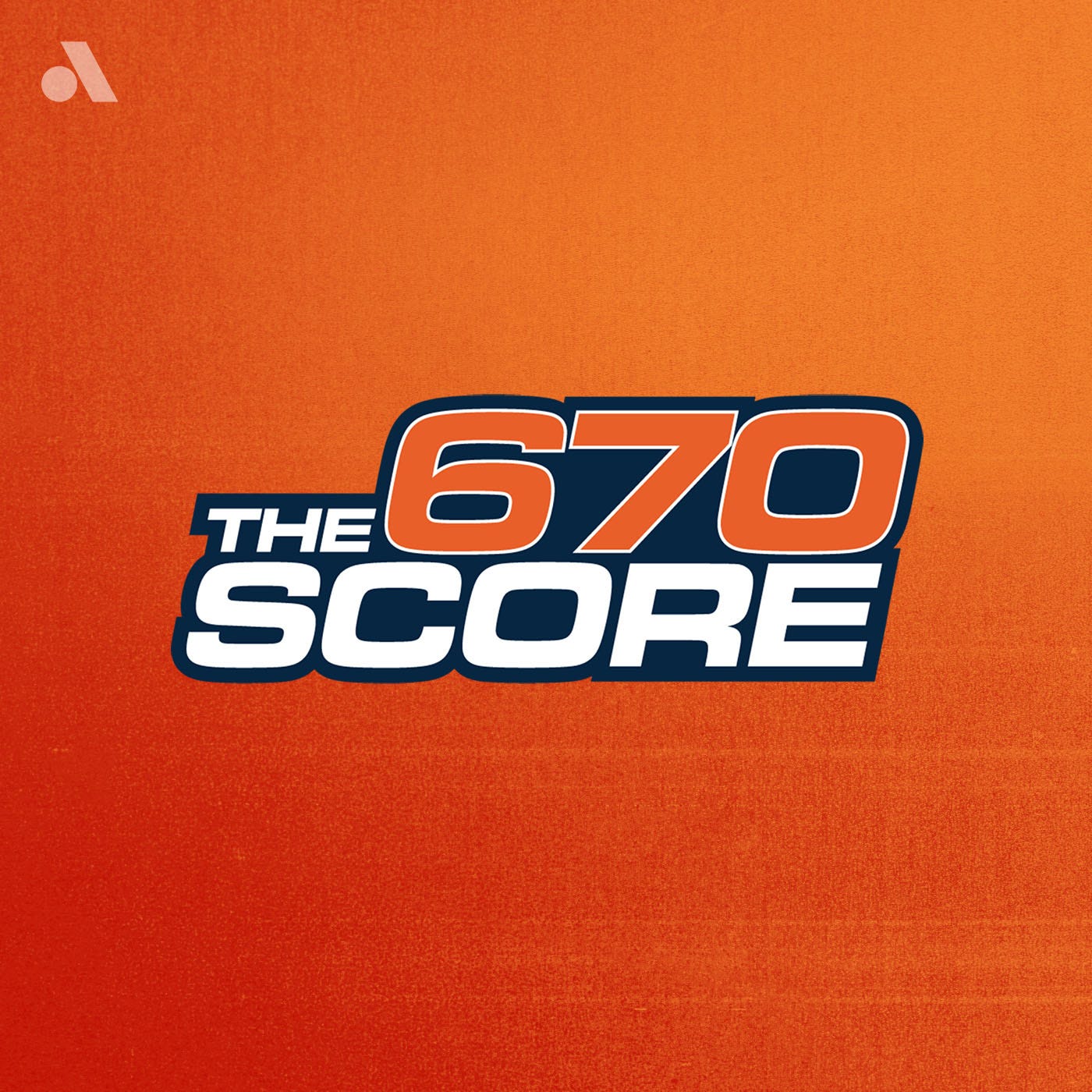(670 The Score) Justin Fields is good enough on his own to make the Bears interesting. And it's looking more like they can set their sights considerably higher than that if they build a real team around him.

The Bears were fairly easily outclassed by the superior talent of the Cowboys on Sunday, falling 49-29. Each of those numbers had a story to tell that explains both where the Bears are and what they can be.
Whatever pride the defense was feeling after Monday night was trampled by Tony Pollard's 131 rushing yards and shredded by Dak Prescott's 21 completions in 27 attempts, part of the Cowboys' 442 net yards that included going 9-of-11 on third-down conversions. The Bears' front seven was beaten up all over all day -- blocked, misdirectioned and outrun. They got the Waffle House hashbrowns full "all the way" order: scattered, smothered, covered, chunked, diced, peppered, capped, topped and country.
It's facile to pin such a letdown all on Chicago's jarring (but completely sensible) trade of Robert Quinn to Philadelphia, a loss of a veteran leader on defense that clearly shook the spirit of the locker room. While it's true that the public face of those feelings, Roquan Smith, was notably lackluster individually, this was much more a case of the Bears just not being as good as the opponents pushing them around.
Rebuilding years are like this, no fun more often than not. But there's something revealing itself amid the bottoming out.
Fields had his best professional performance, completing 17 of 23 passes for 151 yards, two touchdowns and no interceptions or fumbles. He posted a career single-game-best 120.0 passer efficiency rating while rushing for 60 yards and another score on eight carries, against one of the more fearsome defenses in the NFL. What's more, the Bears reaffirmed their spot as the league's best rushing team with 240 more yards on the ground, topping the 200-yard mark in that category in three straight games for the first time since 1968.
One could look at that fact and see a primitive offense by necessity, due to a dreadful collection of pass blockers and receivers who are unable to get themselves open or make game-changing plays on the ball. But it's more complicated than just that, and there are real reasons for optimism. It's all keyed off of the multifaceted danger already posed by Fields, with the designed runs introduced last week leaning into the best aspects of his game. His eyes are staying up more as he moves, even on the still-too-frequent broken plays and scrambles. He's selling the screen game and manipulating his throwing angles to keep many of those opportunities viable under duress. He's also availing himself of the sideline willingly to avoid the hits that he can while still proving conditioned enough to take plenty of them. The Bears are a great running team primarily because their quarterback is one of the best at it among those at his position.
After seeing 29 points put up in Dallas, it's no reach to think pleasantly about what this will look like when general manager Ryan Poles pulls the lock off of the treasure chest of salary cap space and begins the upgrade phase. After all, $127 million or so goes a long way, as do higher and more draft picks from enough losses and opportunistic trades.
We knew what this season was from the start for the Bears, as soon as we saw how bereft the roster was. The question was always if and how Fields could prove himself with such middling support, and we're starting to get some very positive answers after the coaches decided to accentuate the dynamic nature of his game.
Fields starting to get good would be the best possible outcome of the entire season — and maybe all that really matters.
Dan Bernstein is the co-host of the Bernstein & Holmes Show on middays from 10 a.m. until 2 p.m. on 670 The Score. You can follow him on Twitter @Dan_Bernstein.
Listen live to 670 The Score via:
Audacy App | Online Stream | Smart Speaker
